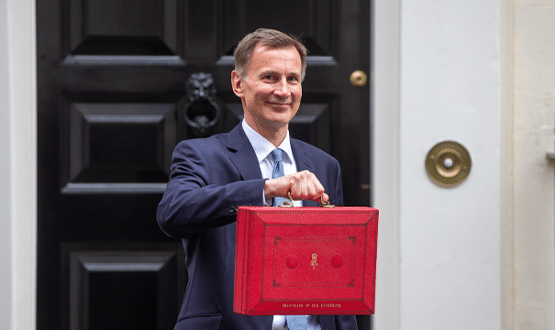Hunt calls for shared records and data
- 27 June 2014

The NHS will not reach its full potential without sharing of electronic patient records across health and social care, Jeremy Hunt has said.
Speaking at the Health + Care conference in London yesterday, the health secretary set out four “basic things without which we will not reach the potential that is possible” in the NHS.
“We need to be able to share electronic health records across the entire system so that patients feel that they are receiving absolutely integrated care,” he said.
His second essential was real time health and social care costs for every individual for whom care is commissioned.
“Until we have that financial information, it is impossible to work out how integrated care can both give better outcomes and save money.”
The third and fourth items on his list were leadership and the “full involvement” of the acute sector in making NHS commissioning work, and improving the reporting culture in the NHS.
Earlier this week, Hunt launched a website that enables the public to compare hospitals in England based on a number of safety indicators.
The website includes data on ward level staffing levels, incident reporting levels, pressure ulcers, and falls, and is part of Hunt’s campaign to crack down on “unsafe care”.
The health secretary said the aim is to “move away from solving things with targets and money to solving them by having the data and information for peer review.”
Hunt has been a consistent supporter of the use of IT in the NHS. In January last year, he called for the NHS to aim to become 'paperless' by 2018, and followed this up with two rounds of tech fund money to encourage trusts to buy electronic patient record and patient safety systems.
The latest round of bidding for what is now called the 'Integrated Digital Care Technology Fund' opened in May and is open to both trusts and councils that want to put in bids for systems to support integrated care. Tech fund 2 bidding closes on 14 July.
Responding to a question from the audience, the health secretary also promised that pharmacists would be given access to patient records.
EHI reported in April this year that community pharmacists were calling for access to the Summary Care Record, after pilots to give them access have ground to a halt.
Hunt said that the Department of Health is working on giving them access, that it is something he is very keen to do and that it would decrease pressures on A&E services and GPs.
“I think they need to be part of the electronic health record revolution. If pharmacists could see, with people’s permission, prescription history and their medication record, then a lot of people would simply go to their local pharmacy and they would get a much better service,” he said.
“I think it’s a very untapped resource and we are working on how to include pharmacists in the electronic health record revolution.”
NHS England told EHI in April that it is “investigating the possibility” of giving community pharmacists access to the SCR.




